Rule of law reports have become a tool of financial blackmail, said Attila Kovacs, Director of EU Research at the Center for Fundamental Rights, in connection with the publication of the European Commission's fifth annual Rule of Law Report on member states, including Hungary. He recalled that he had the opportunity to hold press conferences on all the rule of law reports in recent years and that it is very easy to see how the rule of law report has, over the years, evolved into a tool to regulate member states, he added.
The European Commission has not learned from the experience of the last five years, and the rule of law report is still used as a political stick,
– he said. He pointed out that the fate of a member state standing up for its own sovereign national interests during debates in Brussels is nothing less than stigmatization. Back in 2020, the rule of law reports were still rather terse and superficial documents published by the Commission.
Since 2020, the report has moved from the legal to the political and then to the ideological, pillorying certain member states for differences of opinion,
– he explained, adding that the European Commission is using this as a reason to withhold billions of euros in EU funding from Hungary.
This is financial blackmail.
Hungary's counter-example is Poland, right after leftist politician Donald Tusk became prime minister, Mr. Kovacs stated.
This is a typical case of "wearing or not wearing a hat," i.e., if the European Commission wants to find fault with someone, it will. However, if it doesn't want to, then it won't, and will simply omit certain findings from its report.
According to Mr. Kovacs, the new rule of law report on Hungary also shows that there has been progress in the areas of corruption, checks and balances, media pluralism, and the judiciary, but the situation is still not satisfactory.
The report, therefore, continues to recommend the suspension of EU funds to Hungary.
Steering towards the right
Attila Kovacs also spoke about the latest developments in the European Parliament, starting with the fact that a very significant proportion of citizens voted for change in this June's EP elections. The number of votes cast for right-wing, conservative, sovereignist, and nationalist parties has increased significantly, but the right continues to be squeezed out of the electoral power-sharing.
Voters want to steer Europe a little to the right, but the Brussels establishment is marginalizing the 20 million or so voters who threw their weight behind the right,
– the director explained.
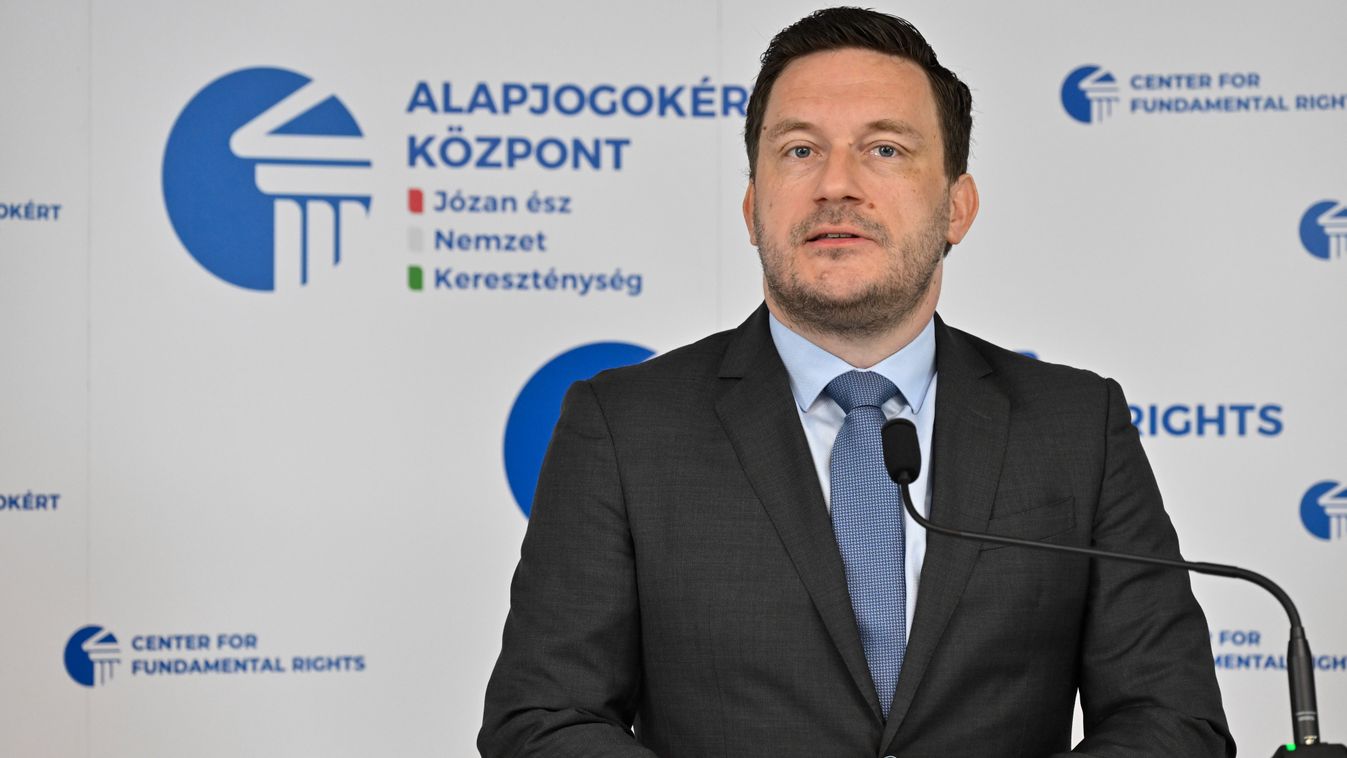
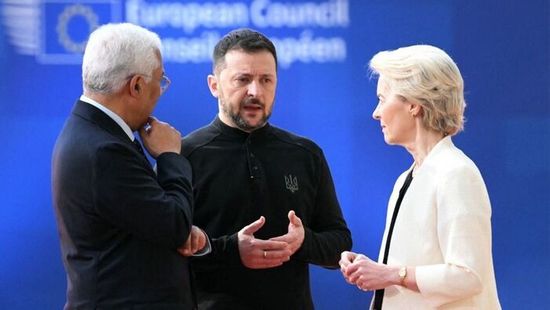
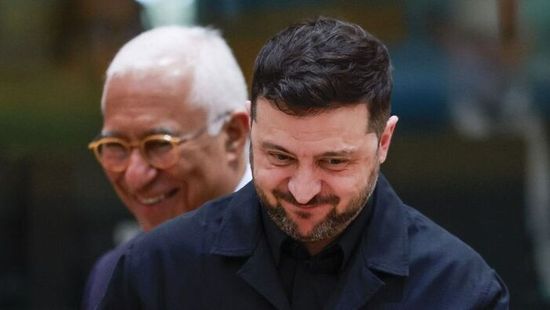
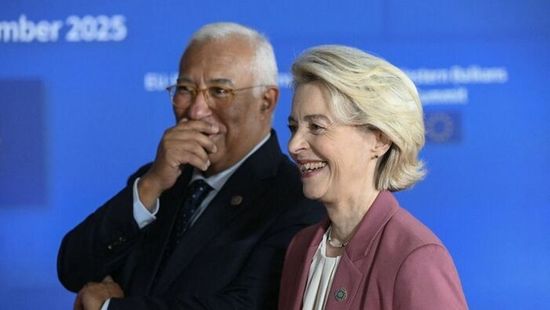
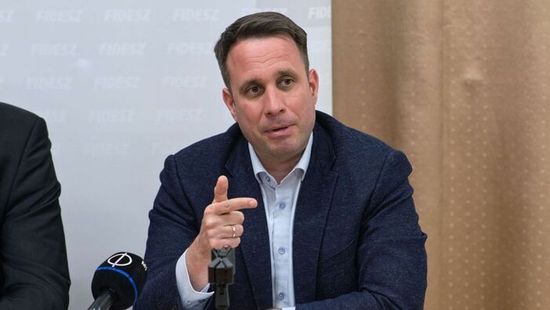









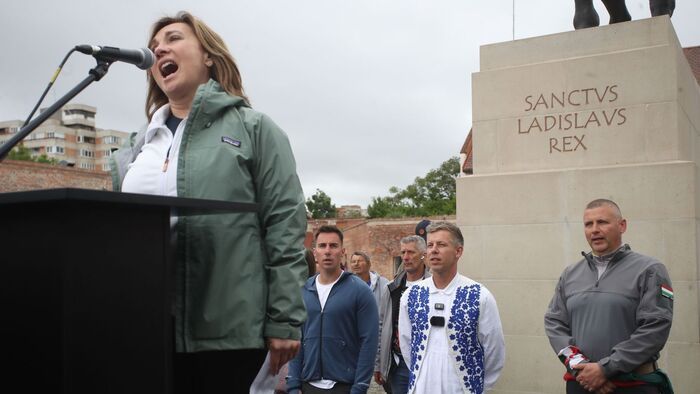
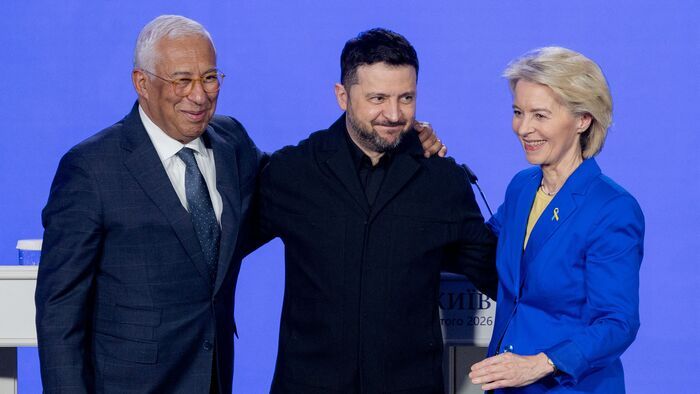






Szóljon hozzá!
Jelenleg csak a hozzászólások egy kis részét látja. Hozzászóláshoz és a további kommentek megtekintéséhez lépjen be, vagy regisztráljon!